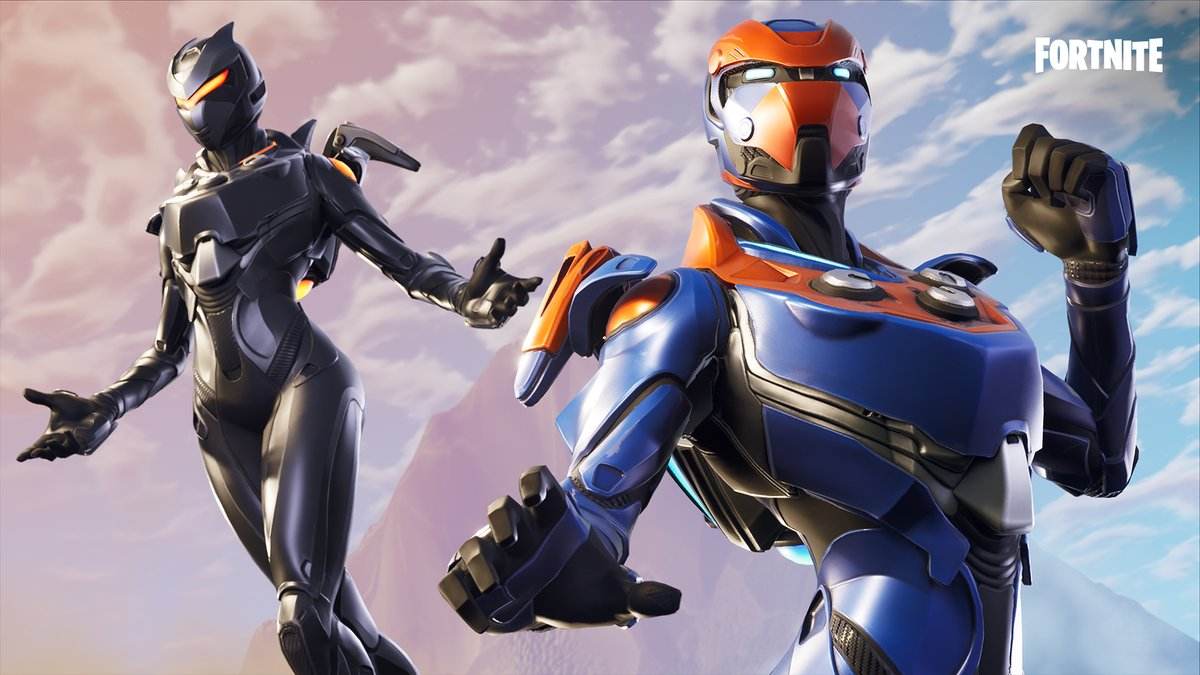Is it true that no one can own a dance step? That is what video game publisher Epic Games is arguing in a motion to dismiss that it filed on February 11 in a federal case that was brought by Terrence “2 Milly” Ferguson.
“No one can own a dance step,” said Epic Games in its filing. “Copyright law is clear that individual dance steps and simple dance routines are not protected by copyright, but rather are building blocks of free expression, which are in the public domain for choreographers, dancers, and the general public to use, perform, and enjoy.”
The motion is in response to a Complaint filed by 2 Milly, wherein he claims that his “Swipe It” dance move has been improperly republished in Epic Games’ popular Fortnite video game. Epic Games begins by explaining to the Court that if 2 Milly prevails, then it would chill creative expression by claiming rights that do not exist under the law.
Epic Games dives into an issue of ultimate import — whether its emote in the game is substantially similar to 2 Milly’s alleged work. It says that copyright does not protect individual dance steps or simple dance routines, nor does it protect mere ideas and concepts, which are free for all to use, but rather it does protect the expression of those ideas. As foundation, Epic Games cites to the case of Rentmeester v. Nike, Inc., wherein the Ninth Circuit Court of Appeals found that a photographer could not show that Nike infringed on his copyright in the popularized Jumpman photo of Michael Jordan, holding that the photographer did not own the general idea or concept of Jordan in a leaping movement.
Additionally, the motion goes as far as to break down the differences in the dance move featured in Fortnite from the Swipe It dance move, step-by-step.
2 Milly’s case is not strictly concerning copyright law. He has also sued based on grounds that his right of publicity has been misappropriated. In its motion to dismiss, Epic Games takes the position that the publicity rights claim is preempted by copyright law. Further, Epic Games states that even if copyright law does not preclude the publicity rights claim, there is no expressly misleading conduct.
“Critically, Swipe It can be used with any Fortnite character, none of which Plaintiff alleges share similar physical characteristics to him,” states the motion. “And Plaintiff has not asserted that he has appeared in a similar setting to Fortnite, namely he has not fought in a battle royale using weapons to kill opponents. These additional elements make the Swipe It emote a transformative use.”
Epic Games points out that Fortnite’s avatars feature a variety of human featured and non-human features (such as a tomato head or animal head), and that they do not resemble the Plaintiff at all.

